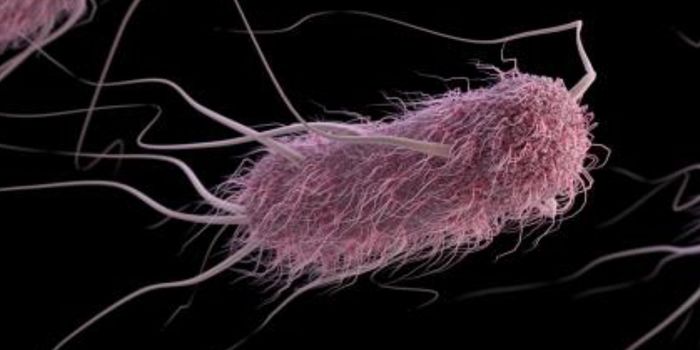Faulty Genetic Replication can Cause Problems for Future Generations
Our body is in a constant state of renewal as old cells divide into new ones. Cell division has to be carefully controlled during development and has to be constantly regulated to guard against the growth of tumors. Every time cells divide, our genetic material has to be duplicated, and errors in that process can have dire consequences. Dysfunction in DNA replication has been associated with cancer and can lead to new mutations in the genome. Researchers have now linked impairments in DNA replication to changes in the entire genome -- epigenetic changes that can then be passed down to up to five generations.
This work, by researchers at the Centre for Genomic Regulation (CRG), Josep Carreras Leukaemia Research Institute (IJC) and at The Institute for Health Science Research Germans Trias i Pujol (IGTP), has been reported in Science Advances and is outlined in the video. The scientists used Caenorhabditis elegans, a worm, as the model for this work. Impairments in DNA replication are illustrated in the video.
This work suggests that people might have different gene expression simply because they have inherited different epigenetic markers.
The investigators looked for the mechanism that was driving these genome-wide changes. The problem started with genome replication and was traced to the heterochromatin complex (learn more about it from the video below).
"For the correct function of cells and ultimately the health of the organism, it is important to keep certain genes active and others silenced. Inside cells, there are DNA-protein complexes called heterochromatin that prevent genes from becoming activated when they should not be,” explained study co-author Tanya Vavouri, a CRG alumna currently group leader at IJC and IGTP.
“Initially, we noticed that a gene artificially inserted into the worm genome and normally silenced by heterochromatin was activated in animals that carried mutations in proteins involved in the copying of DNA. We found that this was caused by loss of heterochromatin and that other genes also silenced by heterochromatin were activated too,” she added.
These errors turned out to be heritable. “Unexpectedly, the gene was inappropriately activated for five generations in animals that did not carry the mutation in DNA replication but had ancestors that did," Vavouri said.
"Our results show that impaired DNA replication not only causes genetic alterations but also genome-wide epigenetic changes that can be stably inherited," noted senior author Ben Lehner.
Scientists have been trying to determine the degree to which epigenetic modifications might be passed onto future generations. This research team is continuing to investigate. They have also found that temperature can cause gene expression changes that are transmitted between generations.
"We hope that our work will change the way people think about the impact of replication stress during tumorigenesis and embryonic development as well as about inter-generational inheritance," he concluded.
Sources: AAAS/Eurekalert! Via Center for Genomic Regulation, Science Advances









